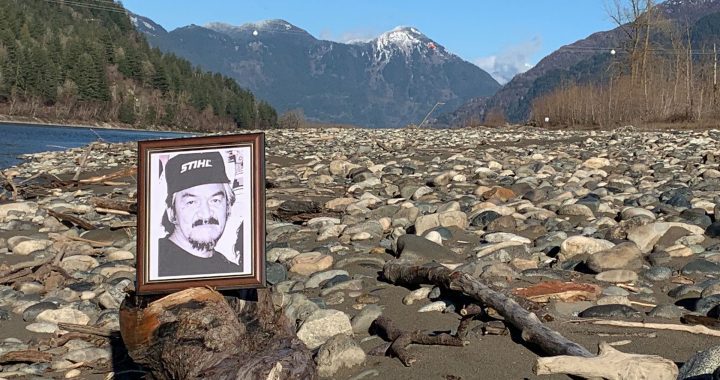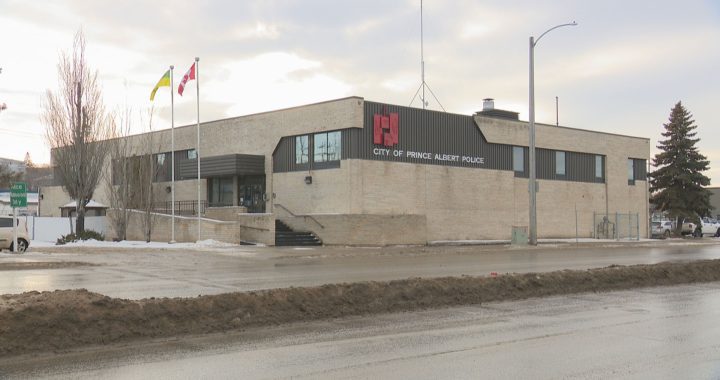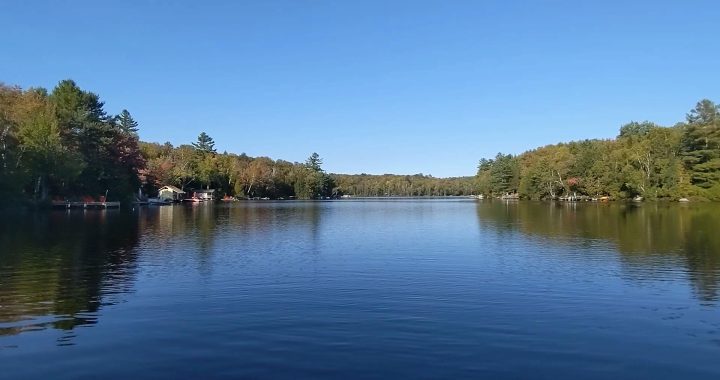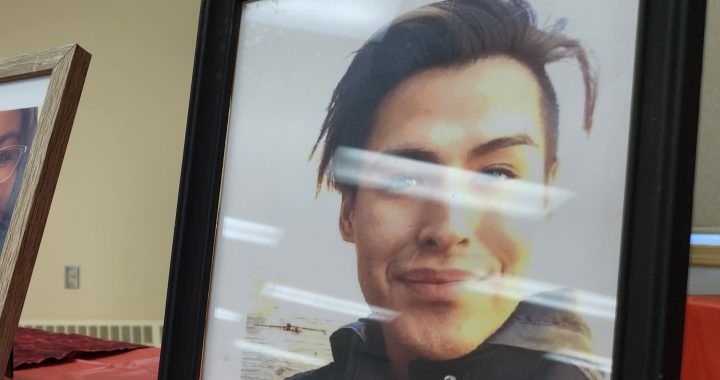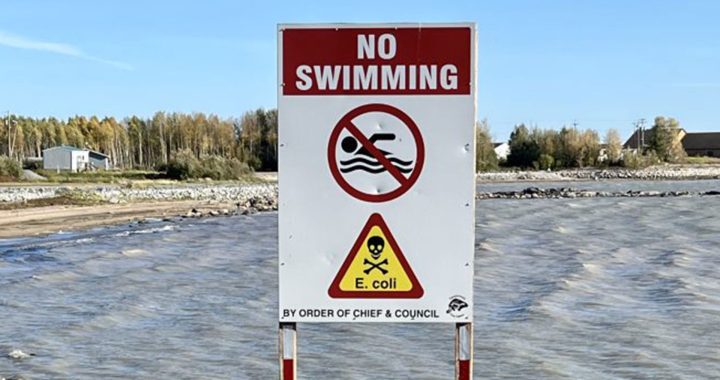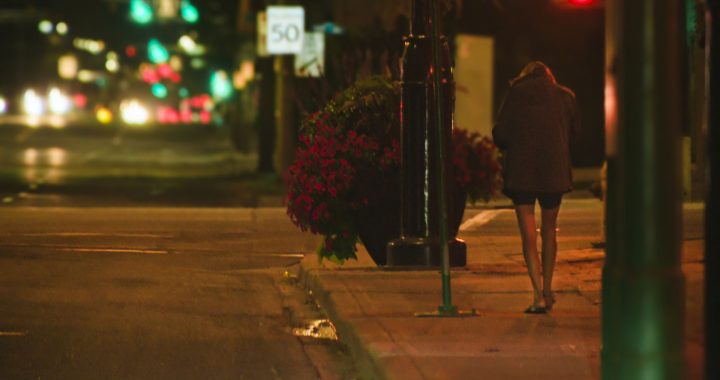By Melissa Ridgen
APTN Investigates
The Beaulieu family home in Portage la Prairie, Manitoba is no different than most Canadian homes: light-spirited, full of laughter and love, home cooking and pride.
A stark contrast to what they read about Aboriginal people when they venture online to social media sites or news comment sections.
“I’ve seen people say something about how incest used to be part of our culture and that’s completely inaccurate,” says Amber Beaulieu, 22, a social media savvy Ojibway woman and mother of twin girls. “Also, we get everything for free — that’s also a common misconception.”
Ignorance is one thing, but hate is another. And it seems as Aboriginal resistance was ignited with Idle No More, so too was intolerance.
“There’s more hate and racism going around social media since Idle No More because it’s easier for someone to hide behind their computer and say all these things and not have any consequences,” Beaulieu says.
Julie Carl is the associate editor of engagement for the Winnipeg Free Press, Manitoba’s newspaper of record based in the city with Canada largest urban Aboriginal population. She says weeding out hate is a tough job for moderators and agrees with Beaulieu that the cloak of anonymity and safe distance cyberspace affords, can bring out the worst in some people. And Aboriginal people get the worst of it.
“We’ve always been aware that stories on Aboriginal issues or as you say issues that aren’t necessarily Aboriginal issues but people wish to blame Aboriginal people for them, and try to make them that, will be a magnet for people who want a platform to say hate-filled things,” Carl said.
The Free Press was one of the first news outlets to require commenters be paid online subscribers. She said that went far to weed out the most offensive trolls.
CTV Vancouver couldn’t keep up with the hate. Anything to do with oil pipelines, fishing rights, land claims brought it out.
“You can almost guarantee if you post stories about Aboriginal people, you’re going to get racist comments,” the news station told APTN Investigates. So they closed comments on all stories dealing with Aboriginal issues.
But gleefully tackling those issues head-on is a political organization called End Race Based Law. It popped up around the time Idle No More hit its stride. Co-founder Michele Tittler is notorious for her posts on the group’s Facebook page and YouTube videos.
Tittler wants Canada to scrap the treaties, the Indian Act, Section 35 of the Charter of Rights and Freedoms and all legal and constitutional devices that recognize and affirm Aboriginal people’s inherent rights.
“I’m certainly not going to shut up and be bullied. This is my country. We have a right to talk about these issues. These race laws apply to all of us. We’ve seen the damage these race laws have created, we see the attitudes they’ve created,” she told APTN during an interview in her Vancouver home last month.
She said her controversial stance has led to her being stalked and “cyber-raped” by a “gang” of Aboriginal activists. But despite the blowback she won’t back down from incendiary comments like defending residential schools as “doing (Aboriginal people) a favor. Modernizing you. How else would you have come into the 21st century?”
While she says she feels for those abused in the schools, she says it’s time to “get over it.”
Tittler and B.C. activist Wanda Probe have filed several police complaints against one another as a result of their online war. No charges have been laid.
Beaulieu makes it her duty to stand up to intolerance and misinformation wherever she sees it online and has hope that Aboriginal versus non-Aboriginal tensions in Canada get resolved before anger and intolerance are passed down to future generations.
“I do think there’s a lot of bullying going on against each other from both sides,” Beaulieu said. “You can’t say ‘oh all Native people are drunks and blah blah blah’ then have Native people turn around and say ‘all white men are evil.’ You know what I mean. Not everyone is like that.”
She says people need to rise above the low-grade racial mudslinging discussions that are so tempting and plentiful online.
“I think everybody needs to educate themselves: my people, everybody else. We’re not going to be able to move forward from this and this is just going to keep going on, this cycle of racism. We need to have an actual conversation about this. Everybody.”





